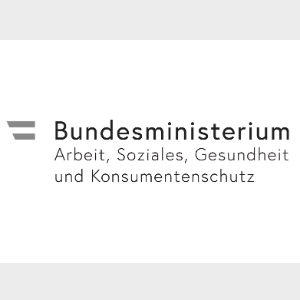Tajikistan HiT (2016)
Download
Tajikistan is the poorest country in the WHO European Region and many aspects of its health system are still shaped by the country's Soviet legacy. The country has the lowest total health expenditure per capita in the WHO European Region, much of it financed privately through out-of-pocket payments. The high share of private out-of-pocket payments undermines a range of health system goals, including financial protection, equity, efficiency and quality. The efficiency of the health system is also undermined by outdated provider payment mechanisms and lack of pooling of funds. Quality of care is another major concern.
The pace of health reforms has been slow. Reforms have inter alia aimed to strengthen primary health care, but this still suffers from underinvestment and low prestige. A basic benefit package and capitation-based financing of primary health care have been introduced as pilots but have not yet been rolled out to the rest of the country. The National Health Strategy envisages substantial reforms, including more than doubling public expenditure on health by 2020; it remains to be seen whether these will be achieved.
HiT health system reviews are country-based reports that provide a detailed description of a country's health system and of reform and policy initiatives in progress or under development. More up-to-date information on many countries can be found on our Health Systems and Policy Monitor (HSPM).





















